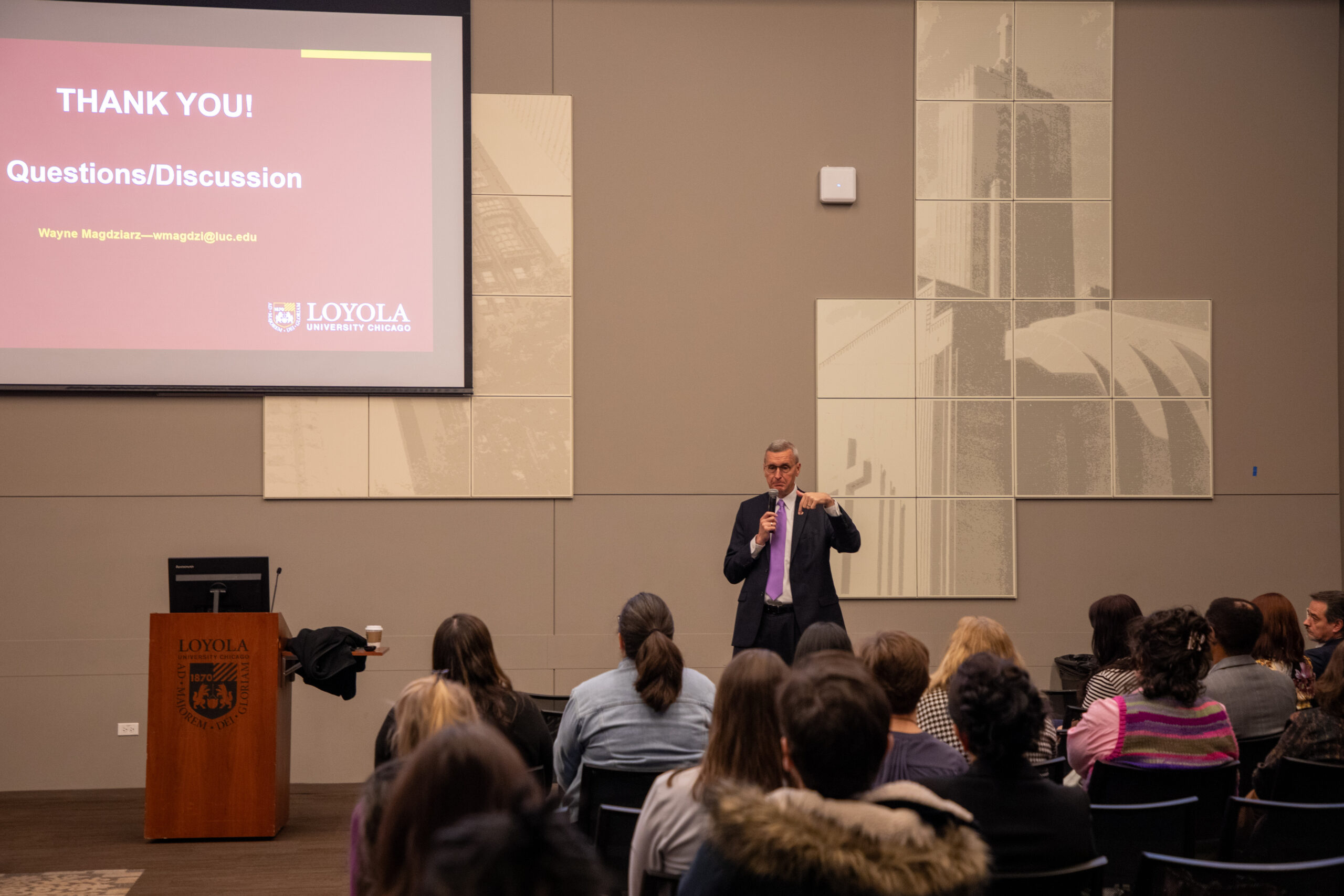Financial Frontiers: Loyola's CFO Unveils Strategic Roadmap Amid Economic Uncertainties

In a series of transparent and informative town hall meetings held from March 25th to 27th, university leadership opened up about the institution's current financial landscape, providing students, faculty, and staff with a comprehensive overview of the challenges ahead and the strategic approaches planned to address them.
The town halls served as a critical platform for candid discussion, offering insights into the financial complexities facing the university and outlining a roadmap for navigating potential economic hurdles. Administrators presented detailed strategies designed to maintain the institution's financial stability while preserving its core educational mission and commitment to academic excellence.
Attendees were given a rare behind-the-scenes look at the university's financial planning, with leadership emphasizing transparency and collaborative problem-solving. The meetings underscored the administration's proactive approach to managing fiscal challenges and ensuring the continued strength and resilience of the institution.
